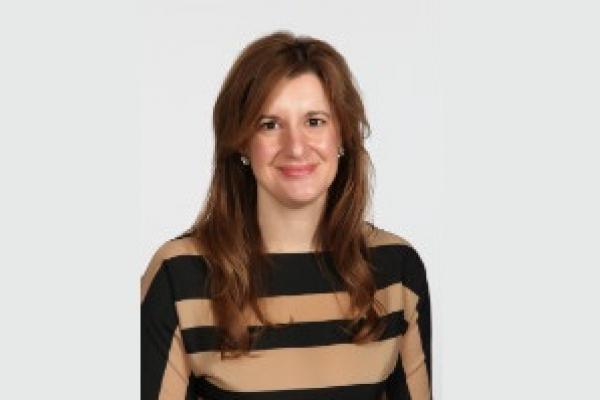
Is Marriage Suffocating? Age, Period, and Cohort Effects in Marital Happiness Over Forty Years
Abstract:
There has been much speculation about marital change by psychologists, economists, and sociologists, but little contemporary empirical analysis. Our main hypothesis is that marital happiness has declined over 40 years, as marital expectations have risen, and marriage has moved from a union focused primarily on economic efficiency to one in which shared leisure is emphasized. We use data on marital happiness and personal wellbeing from the General Social Survey collected over 42 years (1972-2014) to test prominent theories of marital change using the latest advances in age-period-cohort statistical modeling. Figures illustrate change in marital happiness over time by age, period, and cohort. Preliminary results suggest that the proportion of “very happy” marriages has increased across cohorts as marriage has become a more select status, but has decreased across periods, or time, as marital expectations has outpaced the time that spouses have to invest in their marriage.
Dr. Claire Kamp-Dush is an associate professor of Human Sciences and Sociology (by courtesy appointment), an active affiliate of the Institute for Population Research, and graduate studies chair of the graduate program in Human Development and Family Science.
